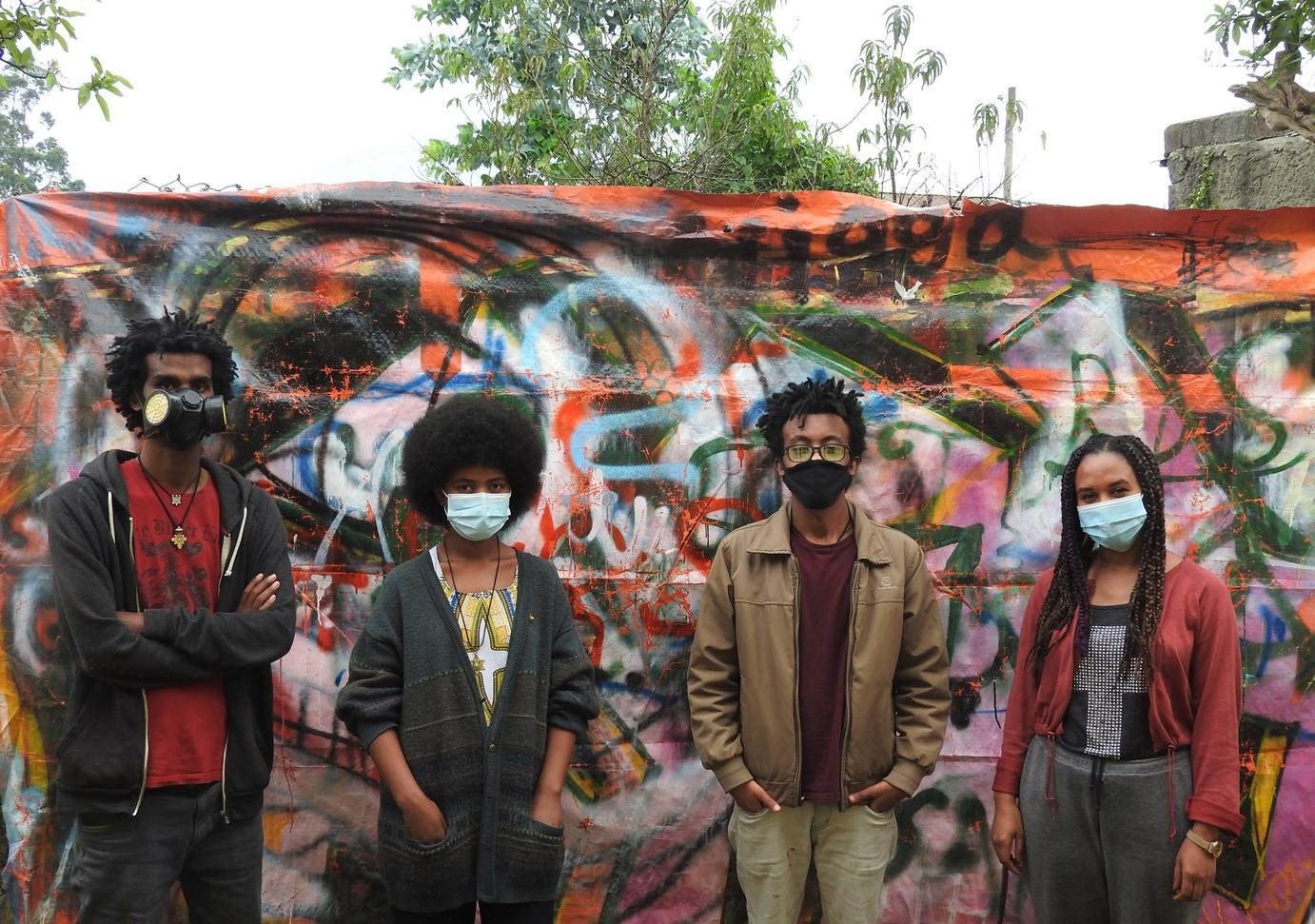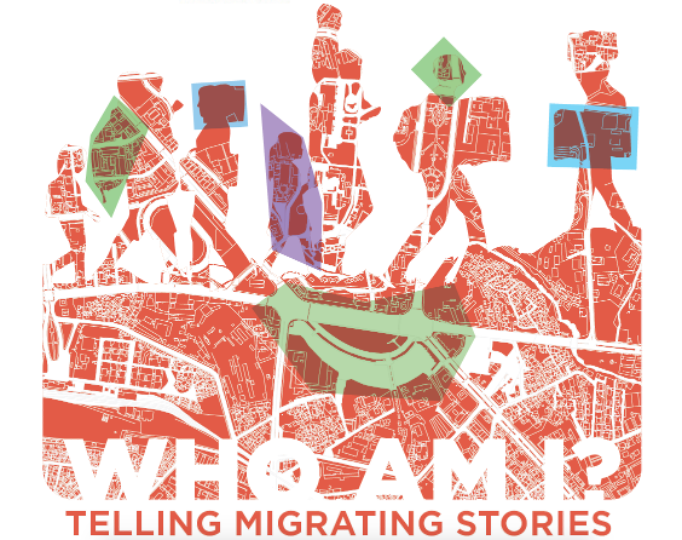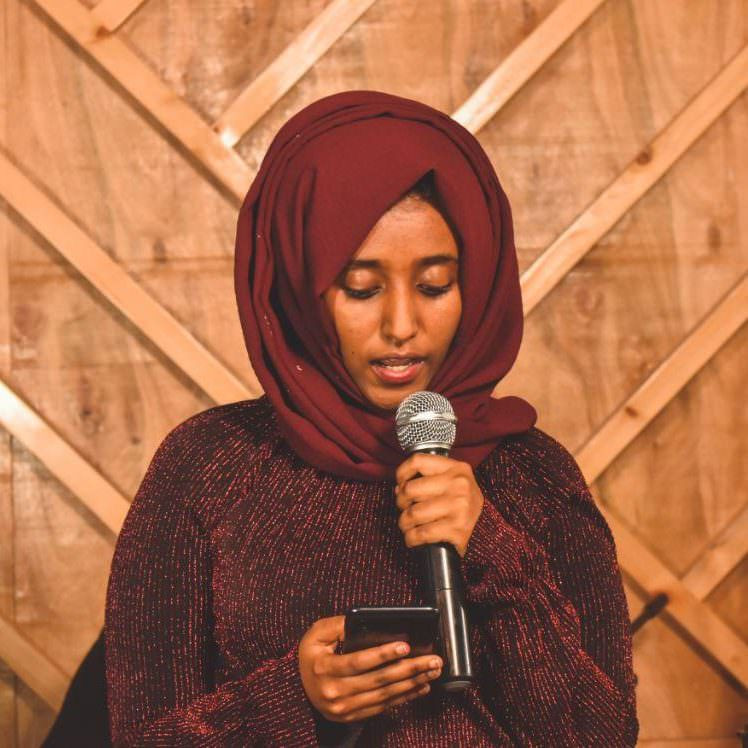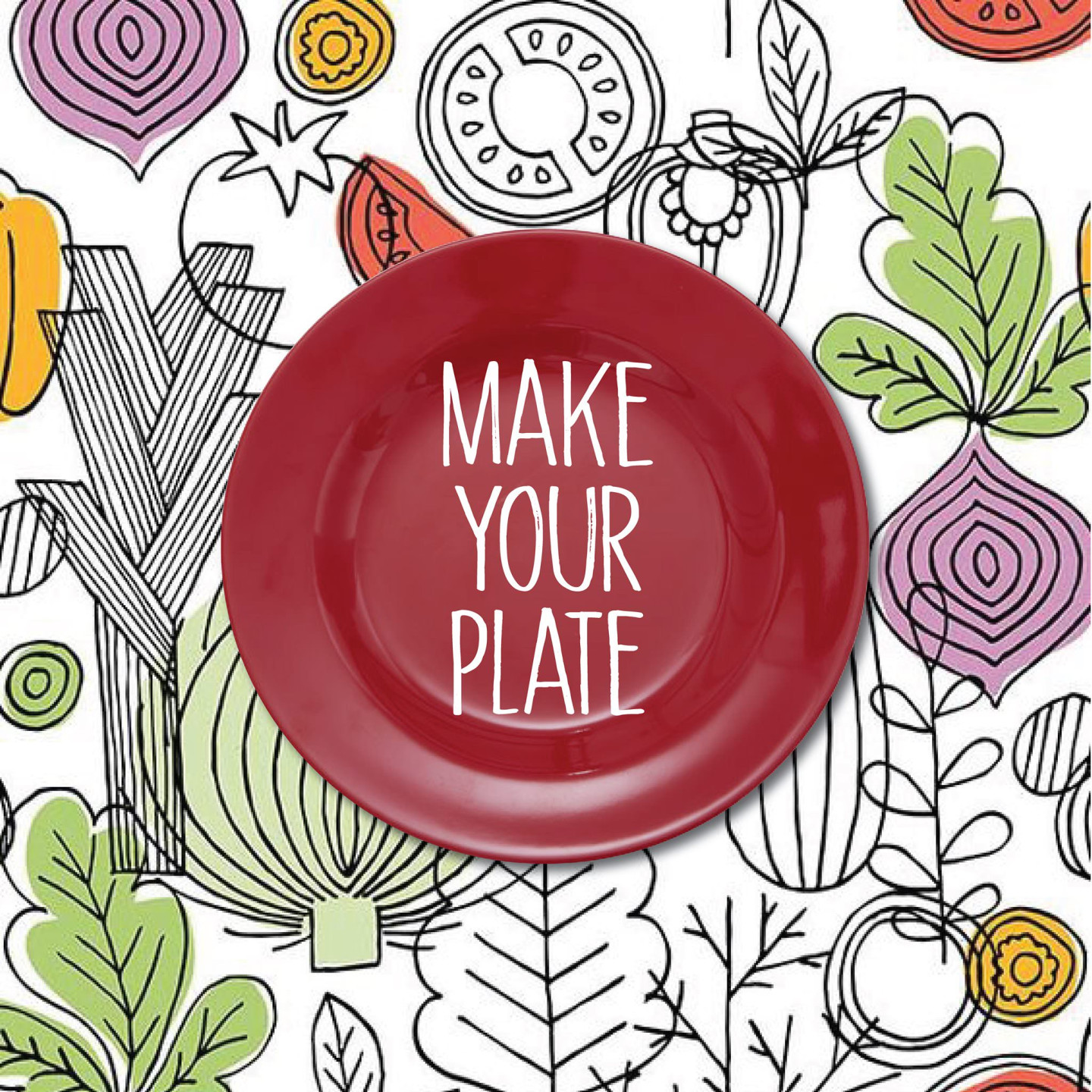Tibeb Be Adebabay (Amharic for “Art in Public Space”) is a participatory contemporary street art festival staged in the offline and online public space.
Ethiopia’s definition in cultural policy is limited to the areas of heritage, tourism and cultural industries, resembling a lack of understanding and appreciation for contemporary artists, their work and their role in society. Public space can rarely be used by artists or civil society actors for encounters between people.
Tibeb be Adebabay (Amharic for “Art in Public Space”) is a participatory street festival staged in public space in Addis Ababa. Born out of the conviction that culture is not a luxury but a necessity, Tibeb Be Adebabay offers new experiences for Addis Ababa residents to participate in the public domain. The primary goal of the festival is to get the public to participate in the making of artworks with artists in the streets.
In fact, Tibeb Be Adebabay was born for the streets, the squares, and the public spaces where people are mostly passive passersby. Public spaces can rarely be used by artists or civil society actors for encounters between people in Ethiopia, and the Festival aims at addressing this issue by opening up new opportunities for societal dialogue and collaboration. The campaign ‘Our Future Together’ to raise awareness of the role the arts play in society has been another major element of such commitment.
Internet is the new Adebabay
Due to the exceptional circumstances, in 2020 Tibeb Be Adebabay continued its unique relationship with the public through an online version of the festival. In their own words, 'Internet is the new Adebabay', and Tibeb Be Adebabay was able to address a broader and international public this edition.
Information sessions
Tibeb Be Adebabay kicked off with two information sessions in 2020. The first session had as main focus to introduce street art festivals, and specifically Tibeb be Adebabay and its objectives, to 80 interested participants. The second session welcomed selected participants and gave them more insights into the
adapted plan of Tibeb Be Adebabay and gain more knowledge of how to convert thoughts on socio-economic challenges such us migration into an artistic performance.
Creative workshop
This creative workshop session was organised with the purpose of preparing the selected artists in the implementation of their project concept. Topics such as “how to create an interactive online art projects”, audience engagement and creative project management and financing were covered in multiple sharing sessions.
Interactive art production festival
Tibeb be Adebabay Festival 2020 promoted culture and social responsibility through different and exciting art disciplines - literature, visual arts, music, gaming, architecture and geopolitics, cuisine, storytelling… all mixed together in an atmosphere of dialogue and celebration under a number of values:
- Local and international promotion of literature, debate, cultural exchange, education and development.
- Accessible and inclusive events with artists with all disciplines.
- Social responsibility and education. Tibeb be Adebabay is free to the public, and offers new experiences through its digital presence
- Focused on artistic tales of migration: in a sense to bring holistic understanding of migration through exploring the diverse motions of different aspects of our lives using different art forms, music, dance, digital art, gaming, and augmented reality are included with other artistic expressions.
- Partnerships with institutions, private and public enterprise, local and international organizations to secure its accessibility for the local population.
It was the best festival I've ever been to. It is a marvelous, stimulating experience.
An open call prior to the festival resulted in 103 applications, of which 30 artists and artist groups were selected to participate. The festival introduced challenges for the general public and participating artists were ready to take in their ideas to mix and mingle them into their art works. Participants on their social media profiles shared videos, images, GIFs and animation of their reflections on the challenges set by the artists. Prizes were set for the most engaging audience.
The festival also included the online panel discussion "Creative Experience of a City" Street festival | City | Culture | Migration, an online talk on the creative landscape of Addis Ababa.
Virtual exhibition
The Virtual exhibition "Who am I? - Telling Migrating Stories": all works co-produced during the festival are exhibited online. The exhibition demonstrates the different aspects of art disciplines in the identity of the communities of Ethiopia though migration, identifying the different features of the theme 'migration' and representing it through art, but considering the wealth of human expression of the local aspect.
Feelings along the sidewalk
The online exhibition platform is adaptable and extendable. Different EUNIC members are making use of the online exhibition space, the first being the Istituto Italiano di Cultura with the exhibition Feelings along the Sidewalk, bringing art out from of the exhibition rooms to the outside spaces, both on the street and in the virtual world. All works are coproduced between European and Ethiopian artists, and are exhibited to the public in the outdoor spaces of the Istituto Italiano di Cultura Addis Ababa as well as online on the Tibeb be Adebabay website.
Achievements
Tibeb Be Adebababy 2020 explored new ways to recap creativity through challenging socio – economic challenges present in Ethiopia. The festival promoted culture and social responsibility, and celebrated dialogue. Tibeb be Adebabay had a demonstrable impact in fostering relationships and collaboration between participant artists and likeminded curators to come up with new ways of boosting creativity.
Tibeb Be Adebabay challenged itself by being a themed festival for the first time in its history. The festival was governed by the theme “migration” with the sub-titles of “Who Am I?” and “Telling Migrating Stories” with an aim to increase awareness and foster dialogues by representing a socio-economic challenge like migration through art and creativity.
One of the great delights of the festival is its priority for societal impact and responsibility.
Tibeb Be Adebabay hosted various disciplines for its maximum impact. With innovation and partnership as its driving factor, it was able to achieve the following results despite being affected by the pandemic:
• Better awareness of the role of arts through engagement with new and wider audiences, through the increased use of public spaces and through continuous collaboration with authorities and media.
• Strengthened art sector through collaboration, innovation and capacity building Increased impact through joint and coordinated efforts by European partners together with Ethiopian partners through a new model of collaboration
• Stronger link between artistic activities and issues in society through the festival theme: “Our future together”.
Tibeb Be Adebabay as European Space of Culture
The project's contextualized needs for more open, inclusive and contemporary art interaction in public spaces were clearly identified – as well as the problems it aims to address – in the proposal and the selection committee unanimously agreed on the importance of the project. Facilitating artists as the agent of change engaging the public space to promote the role of arts and the use of public spaces for society was recognised to be supported by any cultural means.
The core strategy relies heavily on the participating artists to come up with ideas, innovations, and solutions for multilayered cultural challenges that the project has identified. The project furthermore proposes an elaborate management model, where all stakeholders – EUNIC members, EU Delegation, local partners – have a distinct and complementary role to play.
Model of collaboration
The project’s management centred around an elaborate management model, where all stakeholders – EUNIC members, EU Delegation, local partners – have a distinct and complementary role to play, with main ownership lying with local actors. The project was fully managed by an Ethiopian management team, in cooperation with a steering committee, made up of EUNIC members, the EU Delegation and local organisations. Seven project managers were selected after an open call in 2019 and several capacity workshops with input from the steering committee members.




